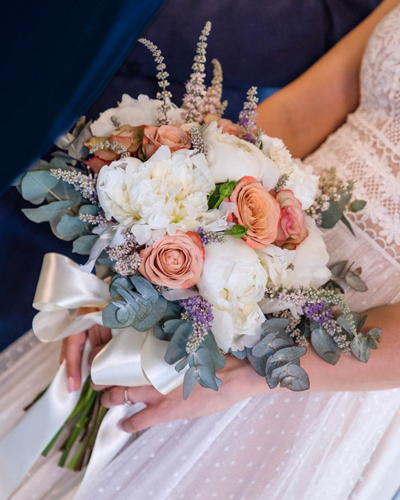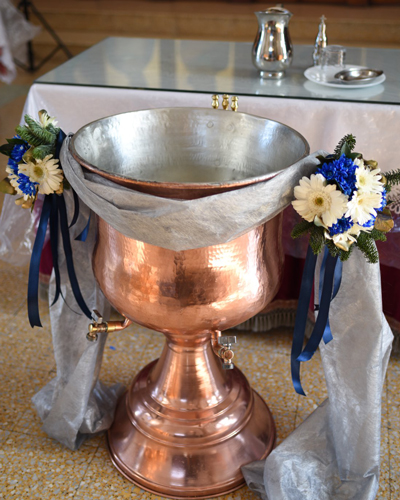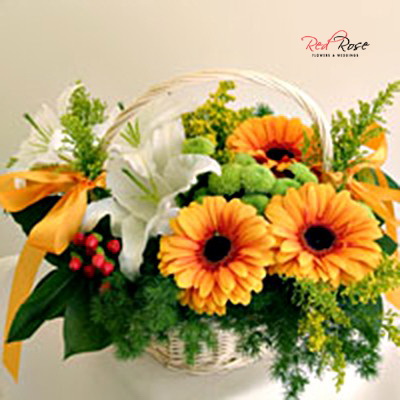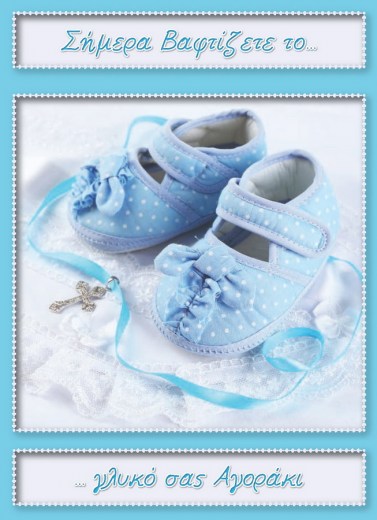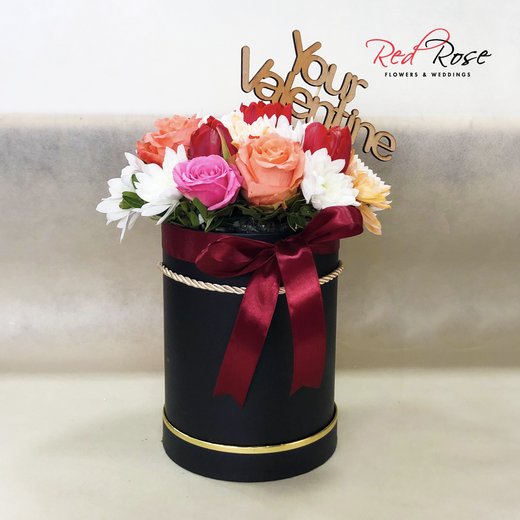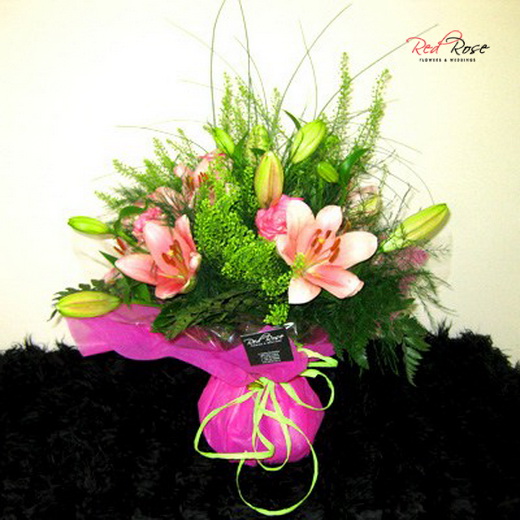
Articles (2)
Each one of us was baptized at some point in our life before we became Christians. Do we know why? What baptism means? How it impacts our life? Read on for our next segment in pastoral guidelines. Last month we began our series by discussing traditions and teachings about birth, naming, and 40-day churching. This month we’ll take a close look at Baptism and Chrismation. Baptism comes from the Greek word that means “to immerse (in water).” Baptism was practiced in antiquity for different purification rituals. The Israelites practiced this as evidence by John the Baptist ministry towards repentance and forgiveness of sins. All this changed dramatically when Christ came to be baptized by John in the Jordan River. On one hand we have the revelation of the Holy Trinity (Father as the voice from heaven, Holy Spirit descending as a dove, and Christ as the beloved Son). On the other hand, the meaning of baptism changes. When Jesus was baptized, He was in no need of cleansing because He was without sin. However, by Jesus’ divine nature He purified the waters of the Jordan and through them the whole creation.
In Orthodox Christian teaching, our baptism is not merely cleansing but it is a change in our human nature. We receive the new sanctified and holy human nature given by Christ. Even more so, we are
mystically united to Christ in both His death and Resurrection. Likewise, just as the Holy Spirit descended upon Christ when a person is Chrismated the Holy Spirit descends upon him/her too. The Holy Spirit bestows grace and power to live the new life in Jesus Christ. This divine grace is transmitted through the “myroma,” a specially mixed and blessed oil, and is administered by the priest immediately after baptism. Having received both of these Mysteries or Sacraments we become full members of the Body of Christ—the Church and are able to participate in the other sacramental mysteries, especially the Eucharist—Holy Communion.
Baptism and Chrismation are not magical one-time acts that set us for life. Rather, they are just the beginning of a new God-centered life that must be nurtured each day through prayer, each week through worship, and continual self-sacrifice of our egoistic needs through repentance and giving to others. Baptism and Chrismation are beautiful gifts that must be picked up and used every day of our lives. They must not be put on a shelf or hidden away for some future sentimental remembrance. Having these things in mind, let us look to the practical preparations necessary for baptism in the Orthodox Church:
Scheduling
The first thing is to set the date for baptism. This must be done through the priest at the church. Call to set an appointment with him at which time paperwork can be filled out and he can give you educational literature and guidance. Scheduling in advance is most helpful—at least one to two months ahead of time. For adults, a minimum one-year preparation through catechism is required. Please consult the priest for details. For infants, 3 through 9 months of age is ideal but any age is acceptable. Because of the sacred cycles of the church worship year, baptisms are prohibited during the following times: Christmas Day (December 25) through Theophany (January 6) inclusive; during Holy Week or any of the Great Feasts of the Lord. Baptisms are discouraged during fasting periods (Advent November 15 - December 25 and Great Lent, August 1-15).
Parents
Since Baptism and Chrismation are the entrance into the life of the Church, parents are expected to be regular participants in the sacramental/mysteries. This is an expression of the life, faith, and love of the Orthodox Christian for the Church. Parents are also expected to be actively supporting the Church by offering time, talents, and treasures. Participating in fulfilling an annual financial pledge to the parish is included in this active support. Parents must also be married in the Orthodox Church.
Godparent/Sponsor
Parents are responsible for selecting one mature and faithful member of the Orthodox Church as a sponsor (anadochos/nouna/nouno) for their child. This person must be at least 12 years of age and one who lives his/her Faith and will assist the candidate as he/she grows in the Orthodox Church. The sponsor must be an active member in good standing of his/her respective church. If a member of another church, must present a letter of good standing from home parish priest. If married, the sponsor must be married in an Orthodox service. A parent cannot sponsor their own child nor can Orthodox clergy be a sponsor. Parents are encouraged to look outside their blood relatives for a sponsor in order to expand the spiritual family within the church. Parents should consult with the priest for guidance in selecting an appropriate sponsor.
Naming
It is the prerogative of the parents, not the sponsor, to select one baptismal name for their child. The sponsor or grandparents may suggest some helpful ideas but the final decision is that of the parents. Strictly speaking, the name is given on the eighth day after birth, in the context of a special service celebrated with the priest in the presence of the parents and child. Choosing a Christian or Saint’s name is an established tradition. The priest can provide you with possible names from the saints’ list along with inspirational biographies. Please inform the priest of your choice before the baptism service. The use of two names for baptism is discouraged.
Clinical or Emergency Baptisms
If an unbaptized child or person is in grave danger of dying through illness or injury, the priest (and even a layperson if necessary) can perform a clinical or emergency baptism in the home or hospital. Please contact the priest in this case.
Items Needed at Service
The following items must be provided for the baptismal service.
| 1. Small blanket. | 6. Small bottle of olive oil. |
| 2. Large bath towel. | 7. Orthodox Cross with chain. |
| 3. Twin/single bed sheet. | 8. Undershirt. |
| 4. Two small hand towels. | 9. New clothes or dress. |
| 5. Bar of soap. | 10. Decorated candle, at least one, up to three. |
All items should be white, except for olive oil and cross. Traditionally, the godparent provides these items, but they can be supplied by other people.
Exceptions
Any exception to the above must be discussed with and approved by the priest and/or the diocesan bishop. For adults seeking to convert, special considerations apply. Please consult the priest.
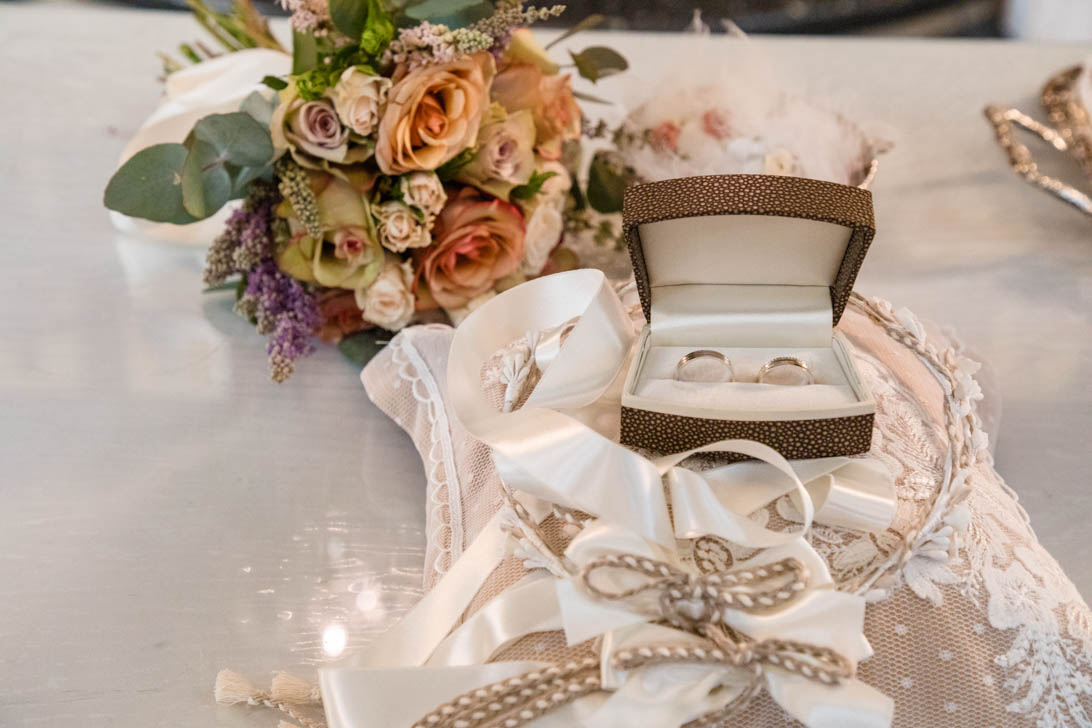
1. Start planning early
You’ve got May 2020 in your mind as the ideal wedding date, but don’t think that means you have to wait two years before you start planning! The earlier you get onto it, the easier, and less stressful it will be as your day approaches. Having a clear plan before you start will help you keep on top of everything and be sure that you don’t forget something important. Insurance, rough guest list numbers and the budget should always be your first three things.
2. Nail the budget
Don’t spend anything until you’ve set a realistic budget that won’t stretch you too far. It’s a common mistake to forget all the little extras, too – for the budget to work, you need to factor in every detail. Don’t forget to account for additional costs like dress alterations, gifts and beauty expenses. These can all add up!
3. Helping hands
Although it’s your big day, your friends and family will be more than willing to help and will want to be involved in the planning. By getting help from people you trust, you’re more likely to feel that you can be honest if things aren’t exactly as you want them!
4. Be selective with the guest list
Sorting the guest list early is important so you can then focus on finding the perfect venue that will cater for your chosen number of guests. Costs per head will most likely be your biggest expense, so don’t be guilt–tripped into inviting people you don’t want to come. It’s the biggest and hardest decision in the whole planning process, but it has to be yours and your husband’s decision only.
5. Long distance venues
You may not be a fan of where you currently live or want to wed where you grew up, but make sure you don’t stray too far from the majority of your guest list, as fewer people will be likely to attend. It will also affect the timings of your day – you can’t expect guests in Liverpool to get to Somerset by 11:00 am, for example. This is especially important if you’re planning a wedding abroad. To be safe, expect that many people won’t be able to make it.
6. Make sure you have a Plan B in place
However much you don’t want to think about it, something could go wrong on the day. This could be anything from a problem with the catering to rain (despite the forecast promising a dry day). Plan alternatives for each scenario and account for anything that might not go to plan so you’re not left stressed out and panicking on the big day.
7. Pick your best girls
Your bridesmaids should be your biggest support throughout the planning process, so choose wisely. Friends you’ve recently made or cousins you rarely see are not the best choice. Instead choose your sisters, long-term best friends or close relatives. The last thing you’ll want is to look at your wedding album a few years later and to be no longer in touch with one of your bridesmaids.
8. Book the best photographer you can
Your wedding album is how you’ll relive the cherished memories of your day, so don’t underestimate the importance of a good photographer. Research carefully and find someone who understands exactly what you want.
9. Get the menu right
One of the biggest talking points at any wedding is the food. From hog roasts and buffets to bake-offs and mini fish ‘n’ chips, the quirkier the better! Avoid skimping in this area – hungry guests are never a good thing!
10. Feel fabulous, but don’t overdo it!
Everyone wants to look fab in their wedding photos, so if you’d like a confidence boost, now’s the time to adopt a healthy eating plan and practice a few simple exercises to tone your body. On the other hand, going on an extreme diet is definitely not a good idea. Just remember that your groom wants to marry you exactly the way you are!
11. Don’t fall for common beauty mishap!
The main culprits here are too much fake tan, coloured–in eyebrows and too much foundation! Yes, you will need to wear slightly heavier make–up than usual to make your features stand out in photos, but don’t go crazy!
12. Give your groom his own responsibilities
Your fiancè may not have been planning his wedding since he was five, but he will definitely have his own ideas and opinions and will want a say in the planning. Listen to what he says and remember it’s his day, too! Most guys like to get involved with the menu, music and budget spreadsheets.
Make an appointment with Red Rose, either by phone or in person, and let us help you plan your wedding.
Request an appointment


